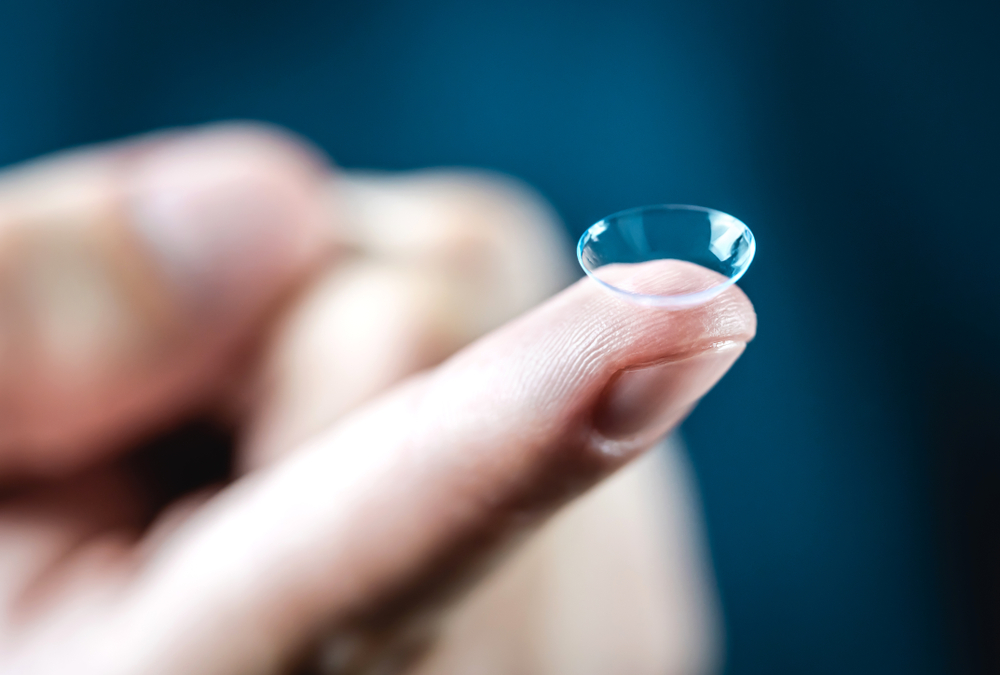
Do you ever feel like your eyes are playing tricks on you? One minute, you are reading a book just fine; the next, you are squinting at your phone screen. If this sounds familiar, you might benefit from multifocal contact lenses. These lenses can help with various vision issues, making life a lot easier.
Presbyopia
As you age, you may start to struggle with close-up vision. This condition is called presbyopia. It happens when the lens in your eye loses its flexibility. It is like a camera that cannot focus on close objects anymore.
Multifocal contacts can be a game-changer for presbyopia. They have different areas for near and far vision. This allows users to see clearly at various distances. No more switching between reading glasses and regular contacts.
Nearsightedness and Farsightedness
Some people can see things up close but struggle with distance vision. That is nearsightedness or myopia. Others have the opposite problem – they can spot a bird in a faraway tree but cannot read a book in their hands. That is farsightedness or hyperopia.
Multifocal contacts can tackle both of these issues. They correct your distance vision while also helping you focus on close-up tasks. It is like having two pairs of glasses in one tiny lens.
Astigmatism
Imagine your eye is shaped more like a football than a basketball. That is astigmatism. It can make things look blurry or distorted at any distance. Some multifocal contacts can correct astigmatism, too. These lenses have a special design that accounts for the irregular shape of your eye. They can help you see clearly, whether reading a book or watching a movie.
Computer Vision Syndrome
Do you spend a lot of time staring at screens? You are not alone. Many people struggle with focusing on their computer or tablet for long periods. This can lead to eyestrain, headaches, and blurry vision.
Multifocal contacts can help here, too. They often include an “intermediate” zone perfect for computer work. This means you can easily shift your focus from your screen to across the room.
Night Vision
Driving at night can be tricky, especially as you age. Glare from headlights can be particularly bothersome. Some multifocal contacts can help reduce glare and improve contrast sensitivity, making nighttime activities much more comfortable.
Are Multifocal Contacts Right for You?
While these lenses can correct many vision problems, they are not for everyone. It can take some time for your brain to adjust to the different zones in the lenses, and some people find the adaptation period challenging.
Your eye doctor can help you determine whether they fit your lifestyle and vision needs. They might have you try a few different types to find the perfect match.
Multifocal contact lenses are amazing. They can correct a wide range of vision problems, from age-related presbyopia to astigmatism. They offer clear vision at multiple distances, making them a versatile solution for many people.
If you are tired of juggling multiple pairs of glasses or struggling with your current vision correction, it might be time to try multifocal contacts. Talk to your eye doctor about your options.
For more information on contact lenses, visit The Contact Lens Institute of Delaware at our Lewes, Delaware, office. Call (302) 569-3937 to schedule an appointment today.




